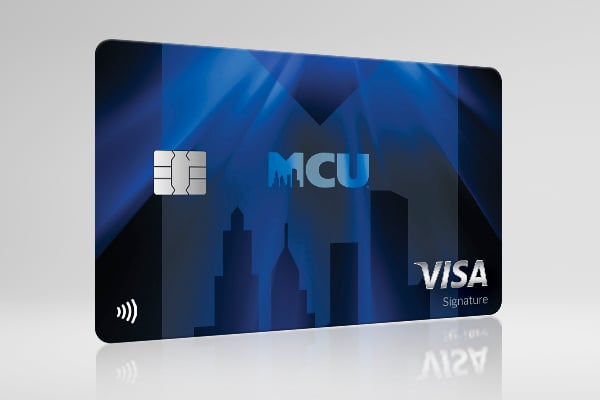- Home
- Meet the Team
- Log In
- Contact
- Careers
- Search
- Search Results
- Branches & ATMs
- Rates
- Log In
- About MCU
- Join MCU
- Personal Banking
- Lending
- Credit Cards
- Lending Services
- Insurance
- Member Resources
- MCU Financials
- Forms and Disclosures
- Privacy Policy
- Automated Telephone Banking
- Order New Checks
- Security & Fraud Alerts
- Privacy Notice
- Schedule an Appointment
Overdraft
A situation in which an account holder writes a check or makes an electronic transaction for more money than is available in their account.
More Details
An overdraft is a situation in which an account holder writes a check or makes an electronic transaction for more money than is available in their account. This can occur when an account holder does not have sufficient funds in their account to cover the amount of the check or transaction, or when an account holder exceeds the available balance on their account.
Example
Imagine that you have a checking account with a balance of $100, but you write a check for $200. This would result in an overdraft, as you do not have enough money in your account to cover the check. Overdrafts can be costly, as they may result in overdraft fees and other charges being assessed by the bank or credit union. It is important to carefully manage your checking account and to avoid overdrafts whenever possible.
Related Terms
Escrow Funds
Funds that are held by a third party on behalf of two parties in a transaction and are released when the terms of the transaction are met.
Individual Retirement Account (IRA)
A type of savings account designed to help individuals save for retirement.
Available Credit
The amount of credit currently accessible on a credit card or line of credit. It is the amount that can be borrowed and used for transactions.

 Previous Menu
Previous Menu







